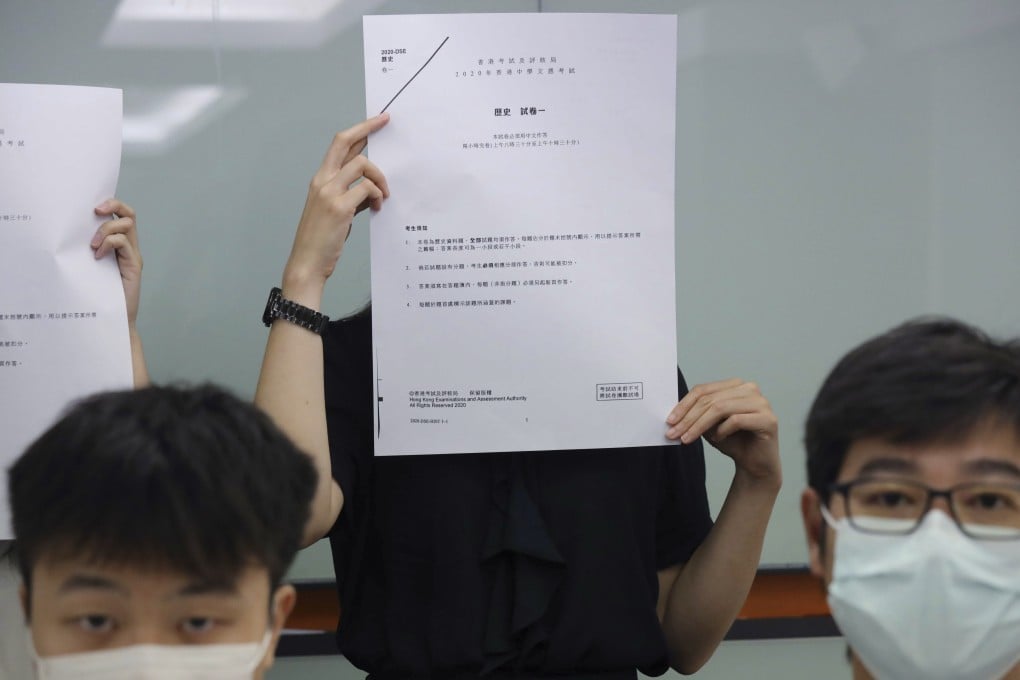Advertisement
Opinion | Furore over DSE exam question misses the point of teaching students history
- Learners are meant to understand context and assess many sources, not just repeat facts from class
- Raising new generations of critical thinkers is essential to a better future for students and Hong Kong
Reading Time:3 minutes
Why you can trust SCMP

Now, in Hong Kong, not only must you have the “right” answer to questions, you must also learn to ask the “right” questions. If you do not, then it seems the government can intervene and strike out your question.
Advertisement
This is a possible outcome of the current controversy concerning the Diploma of Secondary Education (DSE) history exam in which students were asked about Japan’s contribution to Chinese development in the first half of the 20th century. The question was undoubtedly a complex one: “Japan did more good than harm to China in the period 1900-1945. Do you agree?” It was accompanied by some secondary source material that sought to show Japan’s support for China during these years.
The answer was not dictated but left to students’ knowledge of the period and the weight they might give to the secondary sources to provide an answer. Students needed to think critically about both the secondary sources and the knowledge they had of Japanese imperialism and its effect on China over a long period of time.
Criticism of the question from multiple sources has implied that students were expected to agree with it. Yet this is a fundamental misunderstanding of both the history of the period and the way history is taught in an open and free society.
In terms of the history of the period, students were being asked if Japan’s “soft diplomacy” outweighed two direct armed attacks prior to World War II and atrocities such as the Nanking massacre and more during the war. Zhou Enlai himself reported that more than a million Chinese died fighting the Japanese in 1939. The answer seems obvious.
Advertisement


Advertisement
